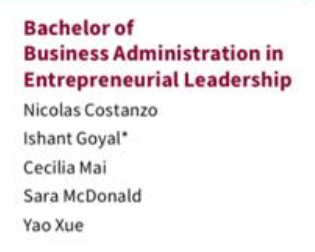Guns, Silence, and Questions: What’s Going On with Yuvraj Bains, KSA’s Queer Students Representative
In August 2025, KPU students were stunned to learn—via a Runner Letter to the Editor—that their Queer Students Representative, Yuvraj Bains (who campaigned under the name “James”), has been banned from all KPU campuses by the Student Rights and Responsibilities Office (SRRO). The restriction isn’t minor; it prevents him from accessing classrooms, services, or student spaces.
But here’s what no one has explained: why?
Why has he been banned?
The SRRO doesn’t release reasons for bans. But Bains’ own Instagram account (screenshots below) has featured images of firearms, ammunition, and weapon accessories, sometimes geotagged in B.C. Students are asking: if a KSA representative is publicly posting with weapons, is that connected to his ban—or is it unrelated?
According to a video posted on KPU’s Student Rights & Responsibilities Office homepage, the “[department] works with the KPU community to handle non-academic misconduct issues, behaviours of concern, and sexual misconduct.”
This is highly concerning that a Kwantlen Student Association representative has been restricted by the the SSRO on any of these grounds.
It also wouldn’t be the first time as many current executives and members of this board were associated with, consulted and trained by Abdullah Randhawa who was accused of sexual misconduct and permanently banned from the Canadian Alliance of Student Associations (CASA).
 Yuvraj Bains, Kwantlen Student Association’s Queer Students Representative at KPU.
Yuvraj Bains, Kwantlen Student Association’s Queer Students Representative at KPU.





Why the double identity?
He campaigned under the name “James”, never disclosing his real identity or photo. Students only learned afterward who he was. Why did KSA’s election system (overseen by recently-appointed Chief Returning Officer (CRO) Gurrinder Gaddu) allow this? How could queer students know who was stepping forward to represent them?
Does he even identify as queer?
Community members have raised the question directly: does Bains even identify as gay or queer? If not, then his candidacy represents more than a paperwork loophole—it undermines the principle of authentic advocacy. As the saying goes: “Nothing for us without us.”
Where is KSA’s accountability?
Despite being banned, Bains hasn’t stepped down. He continues to hold the title of Queer Students Representative and, unless clarified, appears eligible to receive stipends funded by student fees. The KSA council has not addressed this publicly. Students are left in the dark.
Close Ties to Executives?
Beyond social photos with council members, Bains’ own posts suggest he is in a relationship with Manmeet Kaur, the KSA’s current VP Finance and Women’s Representative**.** If true, that deepens the accountability question: how can students trust impartial oversight or disciplinary action when the person responsible for financial oversight of the council is also personally connected to him?
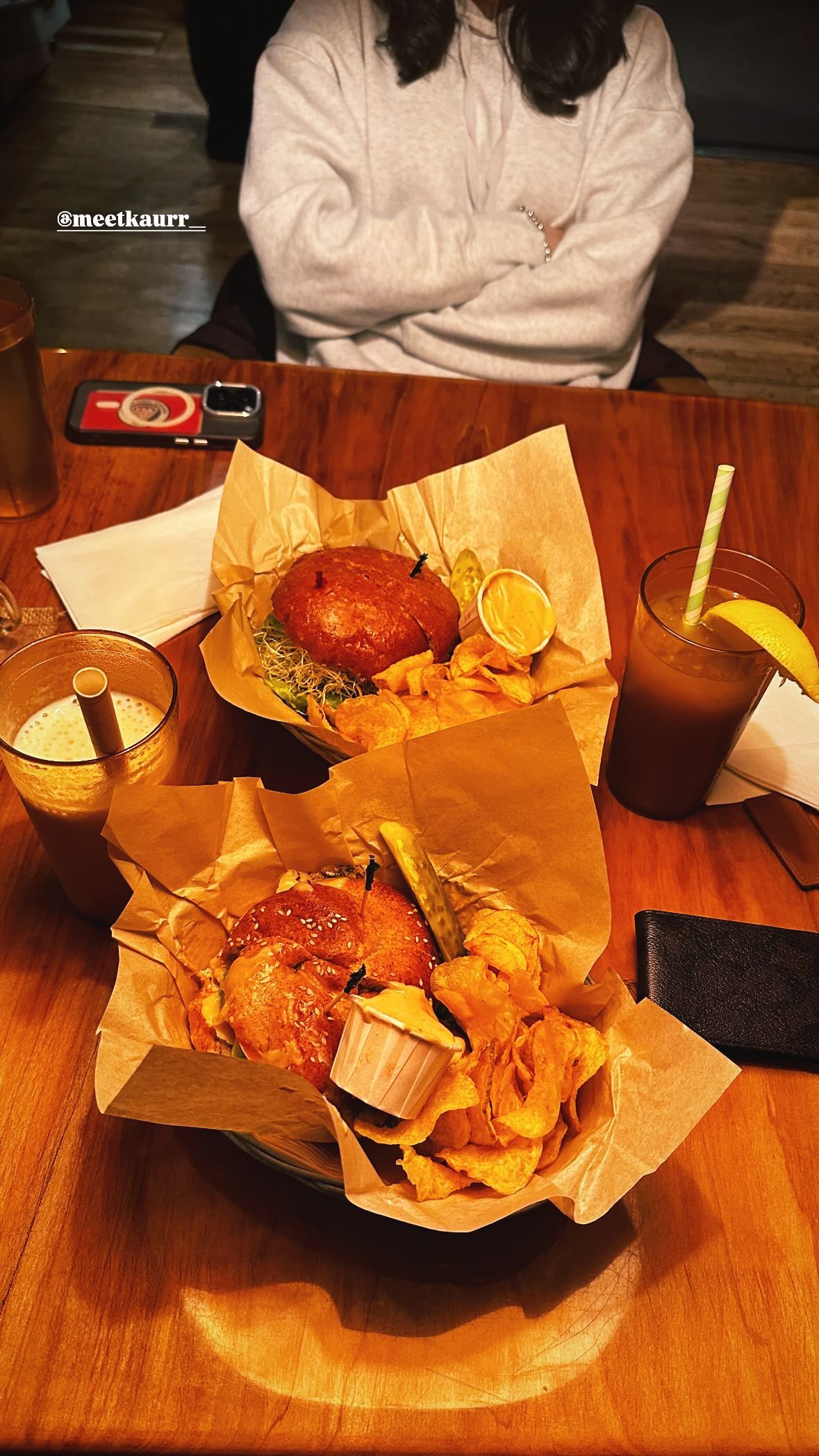

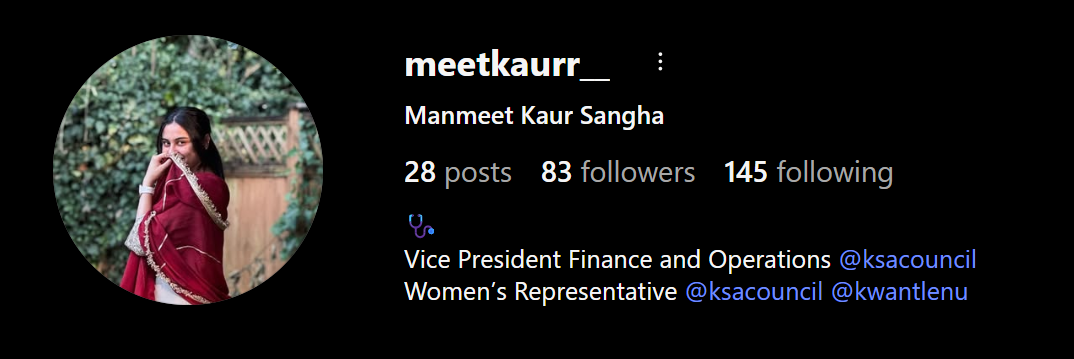

This is not a personal critique—it’s a conflict of interest issue. Relationships between officeholders in any representative body demand transparency, especially when one of those officeholders is banned from campus yet still holds their seat
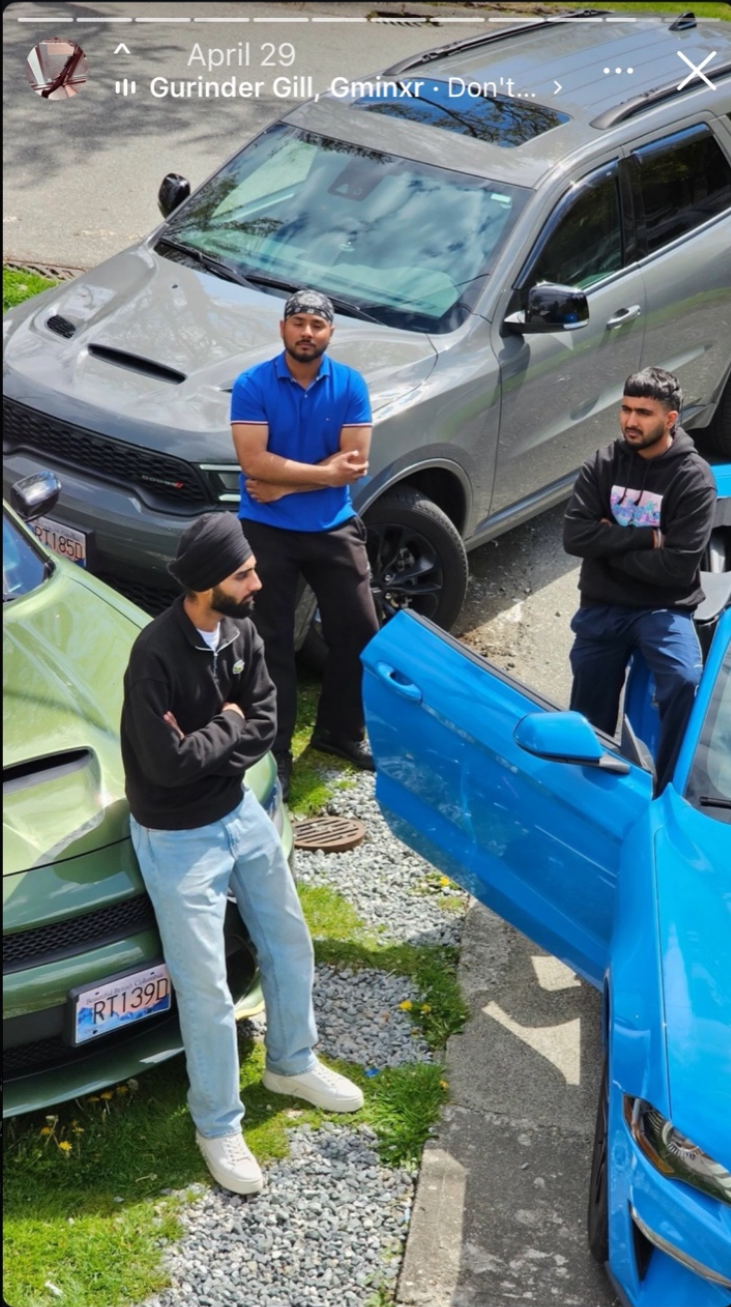
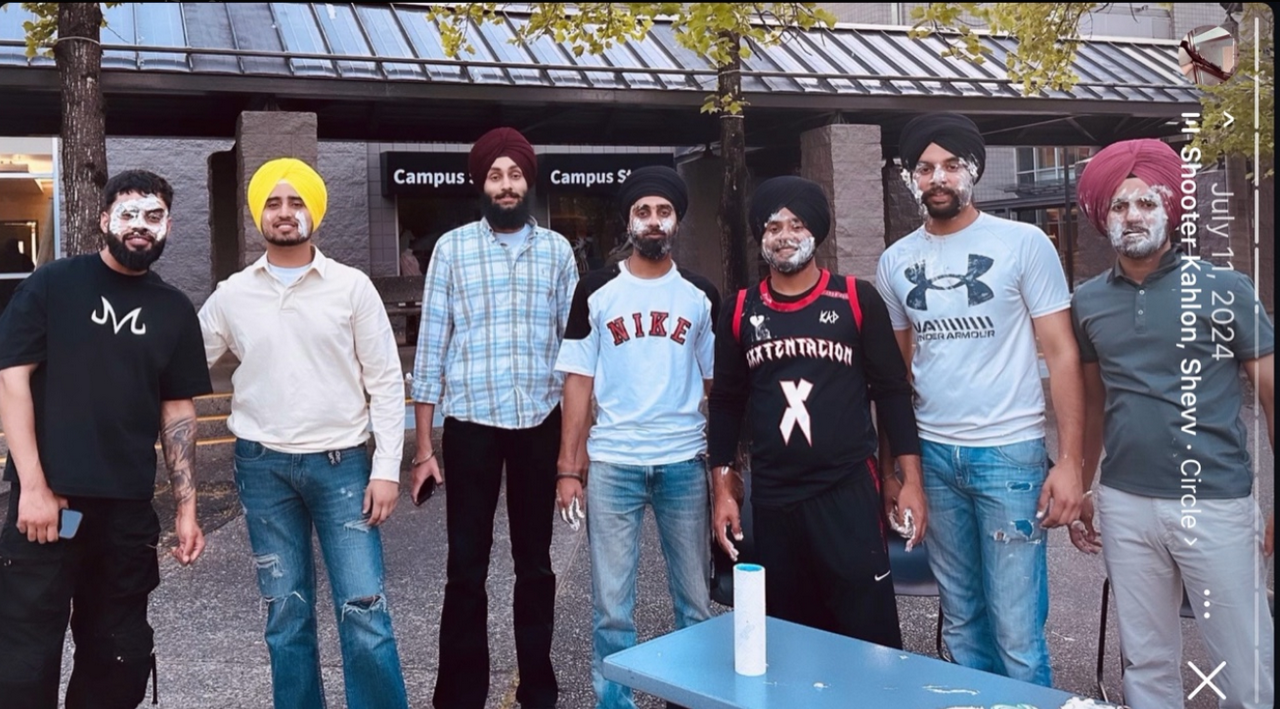
Does he authentically represent the community?
Beyond his campus ban and use of an alias, one open question remains unanswered: does Yuvraj Bains (“James”) even identify as queer? If he is cisgender and straight, as his social media posts seem to imply, then his role as Queer Students Representative isn’t just questionable—it’s illegitimate.
The position was created to give queer students at KPU a direct voice, not to be treated as a resume builder or a placeholder by someone outside the community. There’s a phrase often used in activist circles that applies here: “Nothing for us without us.” Representation only works when it comes from within the community being represented. Otherwise, it becomes tokenism at best and silencing at worst.
Why this matters
This position exists to amplify queer voices at KPU**.** Right now, the role is filled by someone banned from campus, who campaigned under an alias, who may not even identify with the community he represents, and whose online persona raises serious concerns.
Students don’t need gossip; they need clarity:
- What happened?
- Why is he banned?
- Why is he still in office?
Until the KSA provides answers, queer students at KPU are being represented without representation.
Your words do carry weight. When used with intent, they can shift policies, spark dialogue, and protect what matters. 📩 Email KSA and KPU today.
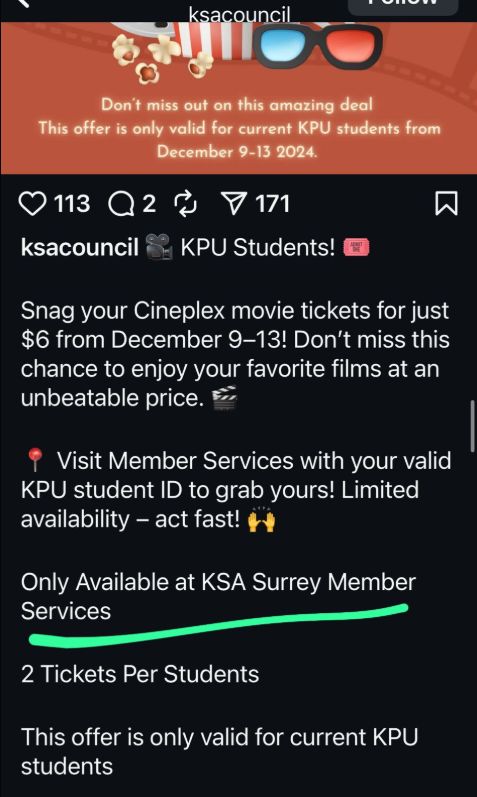

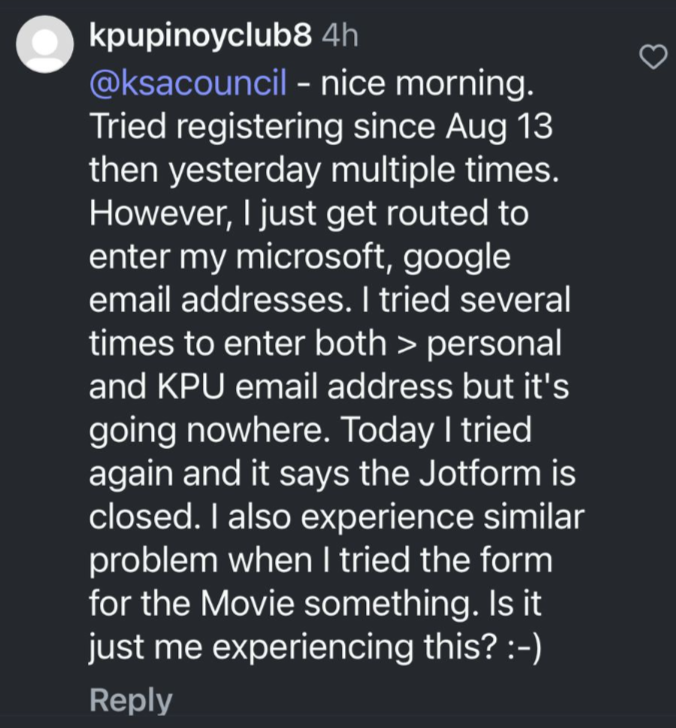
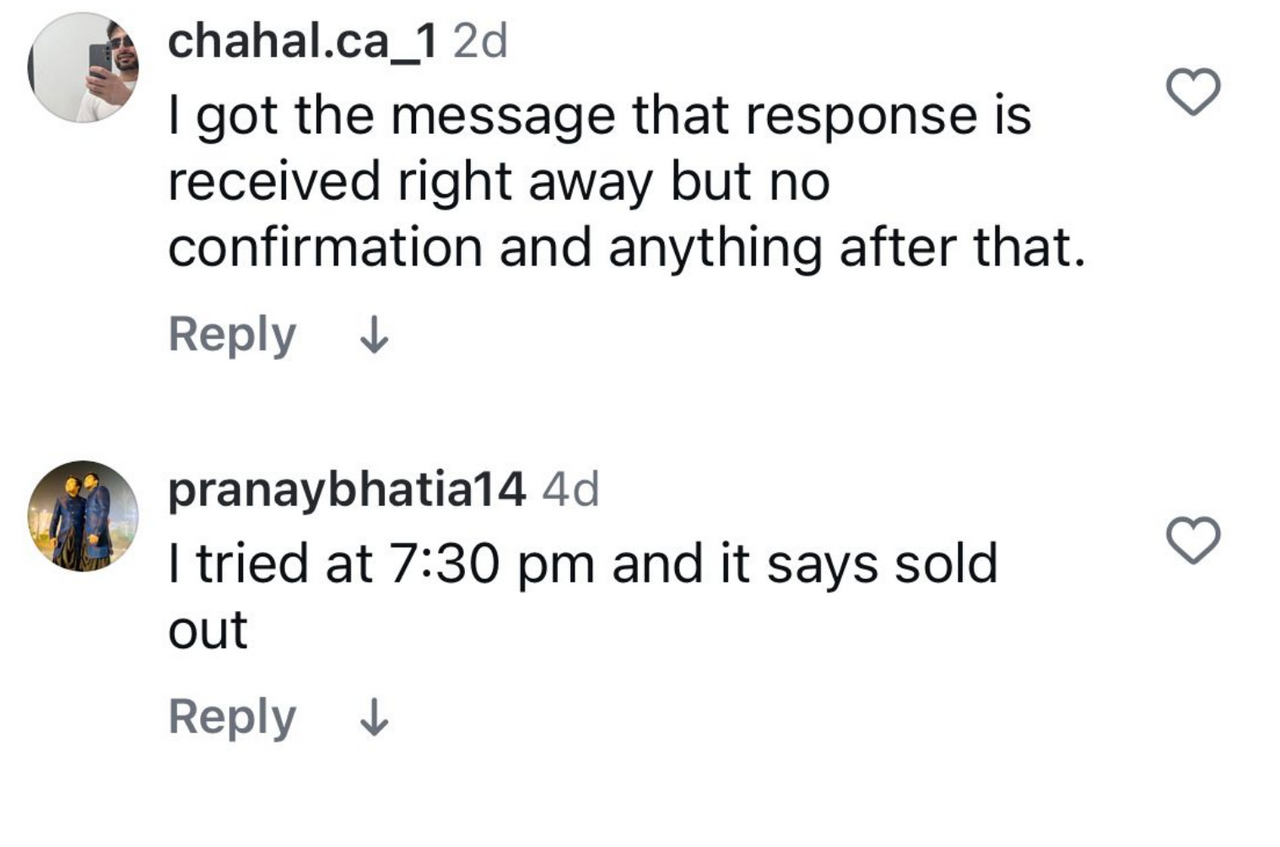
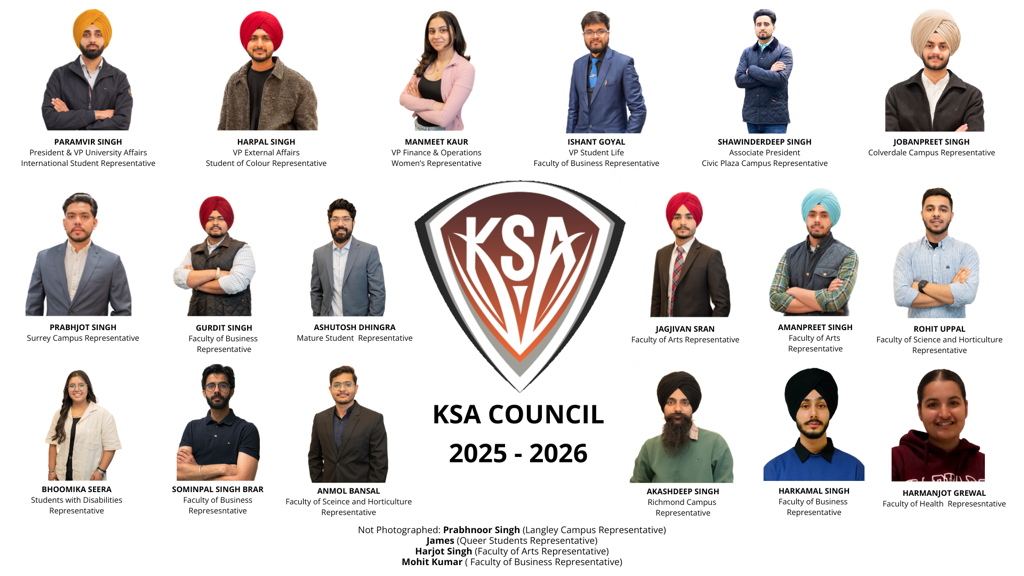 Source:
Source: 